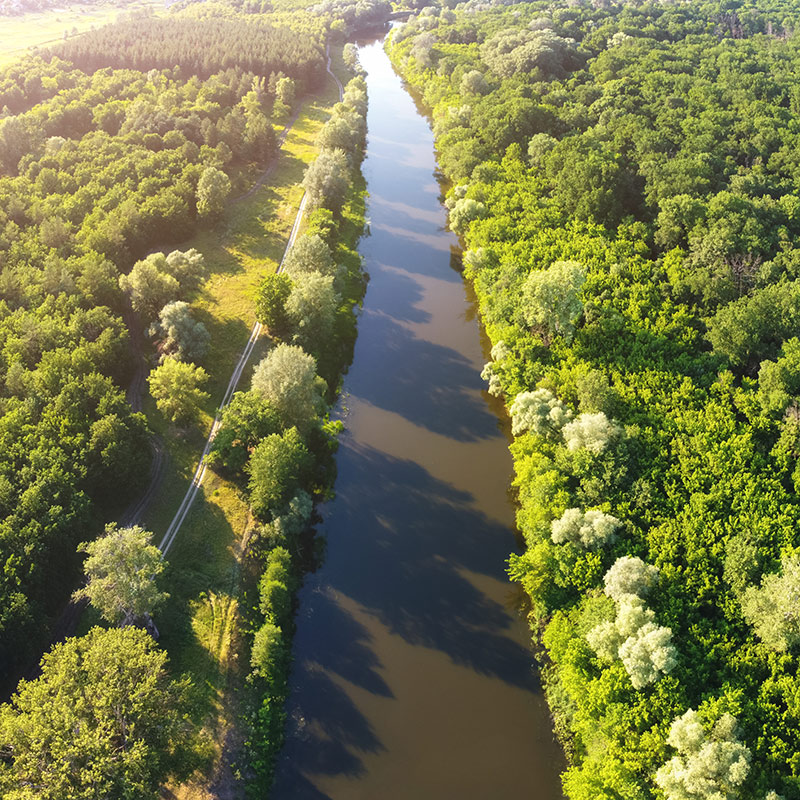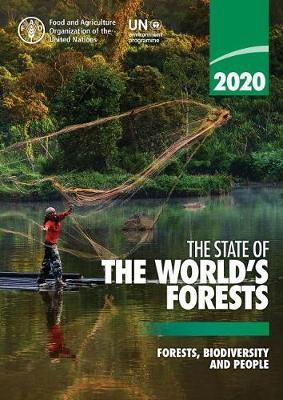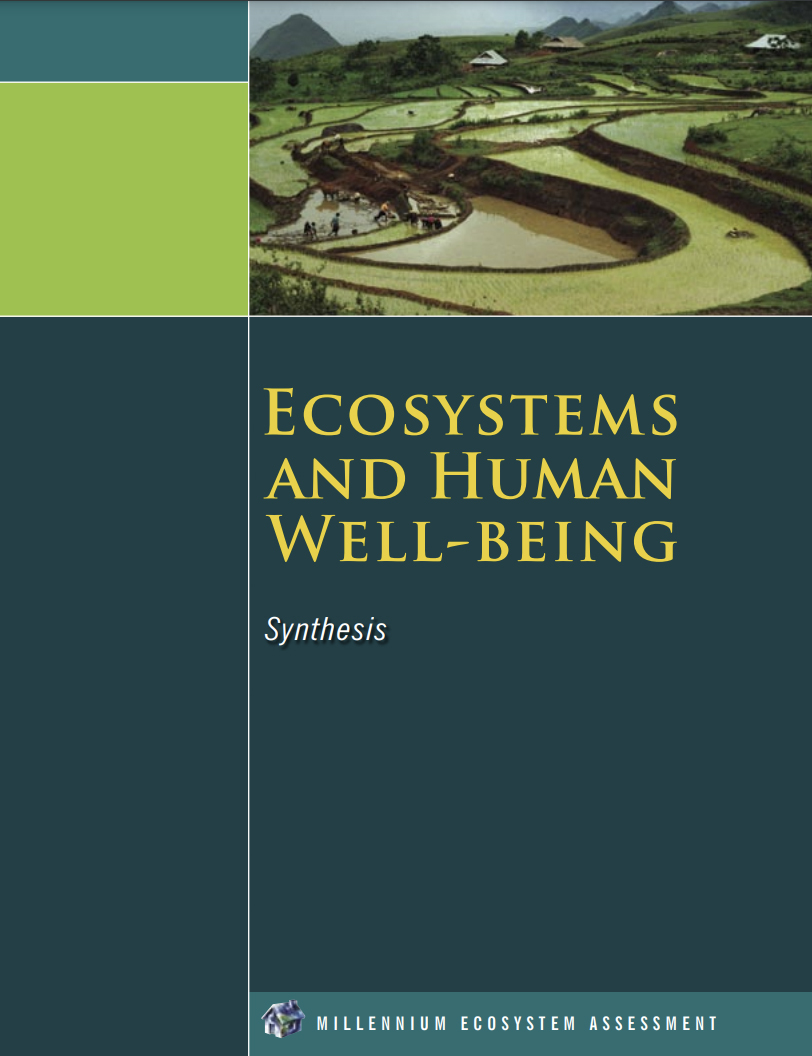Definition, characteristics, and benefits
It is commonly known that ecosystems such as forests and seas play a key role in sustaining human life on Earth. Ecosystems provide humans and the environment with a range of goods and services known as Ecosystem Services (ES). Typically, we refer to Ecosystem Services according to the definition by the Millennium Ecosystem Assessment (MEA), the international research programme promoted by the United Nations in 2001. After years of implicit discussion among environmentalists and scientists, the MEA popularised the concept of Ecosystem Services, defining them as “the multiple benefits provided by ecosystems to humankind” (MEA, 2005). These benefits refer to the relationships that, directly or indirectly, are established between environmental resources, economic systems, and humans, ensuring the life of all species.
Four different categories of services were thus identified, all closely related to human health and wellbeing:




Ecosystem Services are the guardians of life on Earth: they sustain it and directly influence the constituents of human wellbeing: security, health, good social relations, freedom of choice, and action.

Just think of forests and the fundamental role they play for the environment, societies and the economy. The 2020 FAO report on the state of the world’s forests highlights how forests host most of the Earth’s biodiversity, providing habitats for 80 % of amphibian species, 75 % of bird species and 68 % of mammal species. The human benefits from these ecosystems are incalculable: tens of millions of rural households in tropical countries derive significant income, food and shelter from forests, which also contribute to the development of local and national economies.
In addition to reducing the effects of climate change by acting as carbon sinks, forests play a key role in protecting water resources and the Earth’s hydrological cycle. Forested watersheds provide about 75% of accessible freshwater resources, helping to maintain good water quality and regulate surface and groundwater flows, while also helping to reduce associated risks such as landslides, floods and droughts.
To maintain these goods and services, ecosystems need to remain healthy over time. However, in recent years, anthropogenic pressure on ecosystems has had enormous impacts, influencing their evolution, size and capacity to deliver services and externalities. In fact, ecosystems and their functionality are subject to a series of pressures stemming from factors related to policies, technological development, also being dependent on consumers’ choices.

The 2005 MEA report highlighted how, over the past 50 years, humans have altered these ecosystems more rapidly and intensively than at any other time in the history of humankind. Approximately 60% of the Ecosystem Services assessed in this report are still in decline or used unsustainably. Although this has generally increased human wellbeing and positively affected economic development by meeting the world population’s growing need for food, drinking water and energy sources, it has also negatively affected the capacity of ecosystems to provide these services to humanity. This process has also increased the poverty level of some sectors of the population, exacerbating already existing social and economic gaps.
Finally, despite the obvious contribution that ecosystems provide to humanity, their real value is often ‘forgotten’ in economic forecasts. This is largely due to the externality character of many services and the consequent lack of a reference market, which makes it difficult to estimate and attribute an economic value to them. To overcome this problem, a list of methods for estimating the values of environmental goods has been consolidated over the years.
In addition to the traditional type of markets (voluntary or established by law) relating, for example, to greenhouse gases, water and biodiversity, new instruments for valuing Ecosystem Services have emerged. In particular, these include payments for Ecosystem Services (PES) schemes, which aim at restoring and safeguarding ecological systems and the services they provide.

